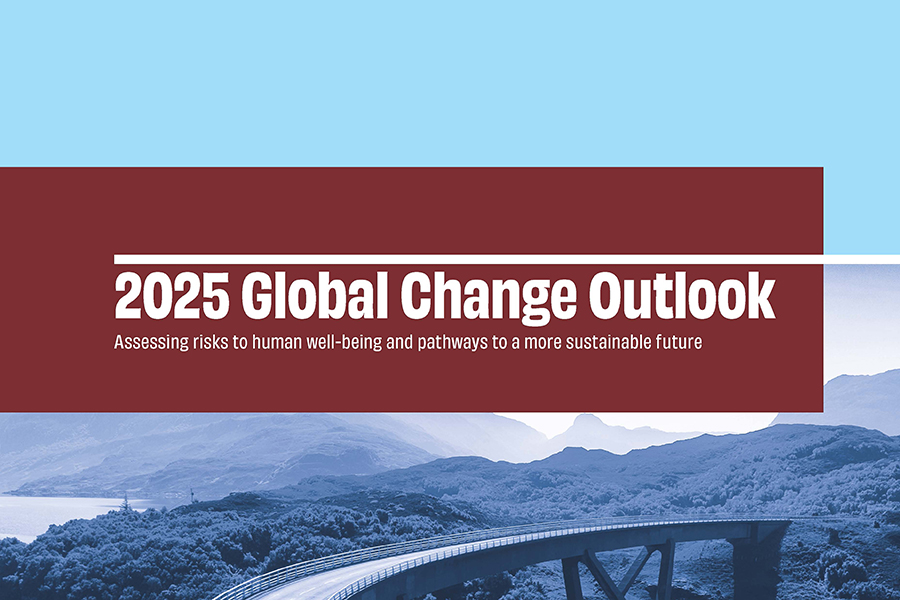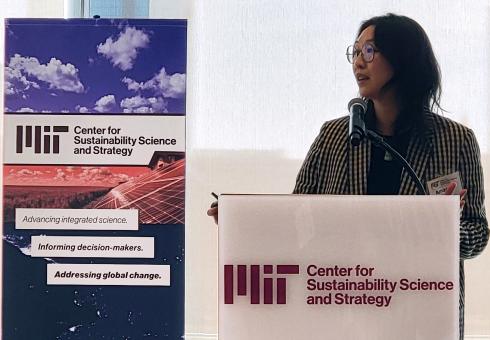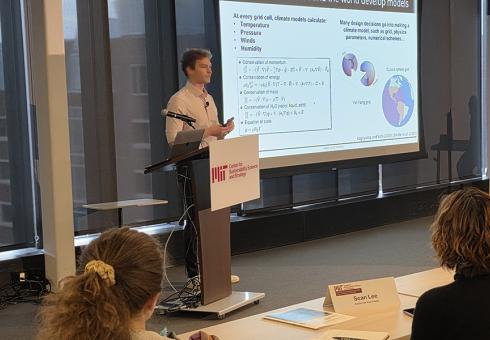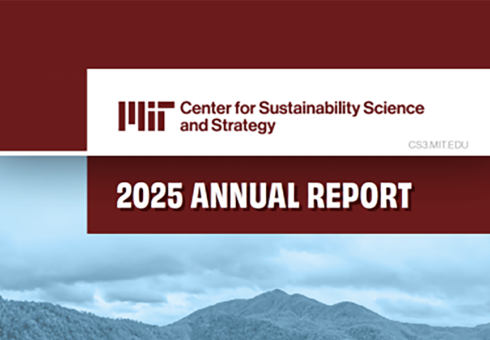Research
Our research advances fundamental understanding of the complex, interconnected physical and socio‑economic systems that affect human well‑being. We apply state‑of‑the‑art computational tools, integrating modeling and data analysis across disciplines in an era of increasing volumes of observational data. Ultimately, we aim to produce actionable science that supports equity and justice within and across generations.
Interconnected Physical and Socio‑Economic Systems. As new policies and technologies are developed amid climate and other global changes, they interact with environmental processes and institutions in ways that can alter the Earth’s critical life‑support systems. Fundamental mechanisms that determine many of these systems’ behaviors, including those related to interacting climate, water, food and socio‑economic systems, remain largely unknown and poorly quantified. Better understanding can help society mitigate the risks of abrupt changes and “tipping points” in these systems.
Integrated Modeling and Data Analysis. We conduct modeling and data analysis across disciplines in an era of increasing volumes of observational data. MIT multi‑system models and data products, building on and extending from the well‑known Integrated Global System Modeling framework and the MIT Economic Projection and Policy Analysis (EPPA) model, provide robust information to inform decision‑making and shape the next generation of sustainability science and strategy.
Actionable Research for Equity and Justice. Our research is designed to inform action associated with measurable outcomes aligned with supporting human well‑being across generations. This requires engaging a broad range of stakeholders, including not only nations and companies, but also NGOs and communities that take action to promote sustainable development—with special attention to those who have historically borne the brunt of environmental injustice.
Global Change Outlook

News
A special issue of the MIT CS3 e-newsletter
MIT CS3 PhD student describes his career path and its potential impact
A perspective by MIT CS3 PhD student Chris Womack
Highlights of MIT CS3 research, active projects and media coverage in 2025





